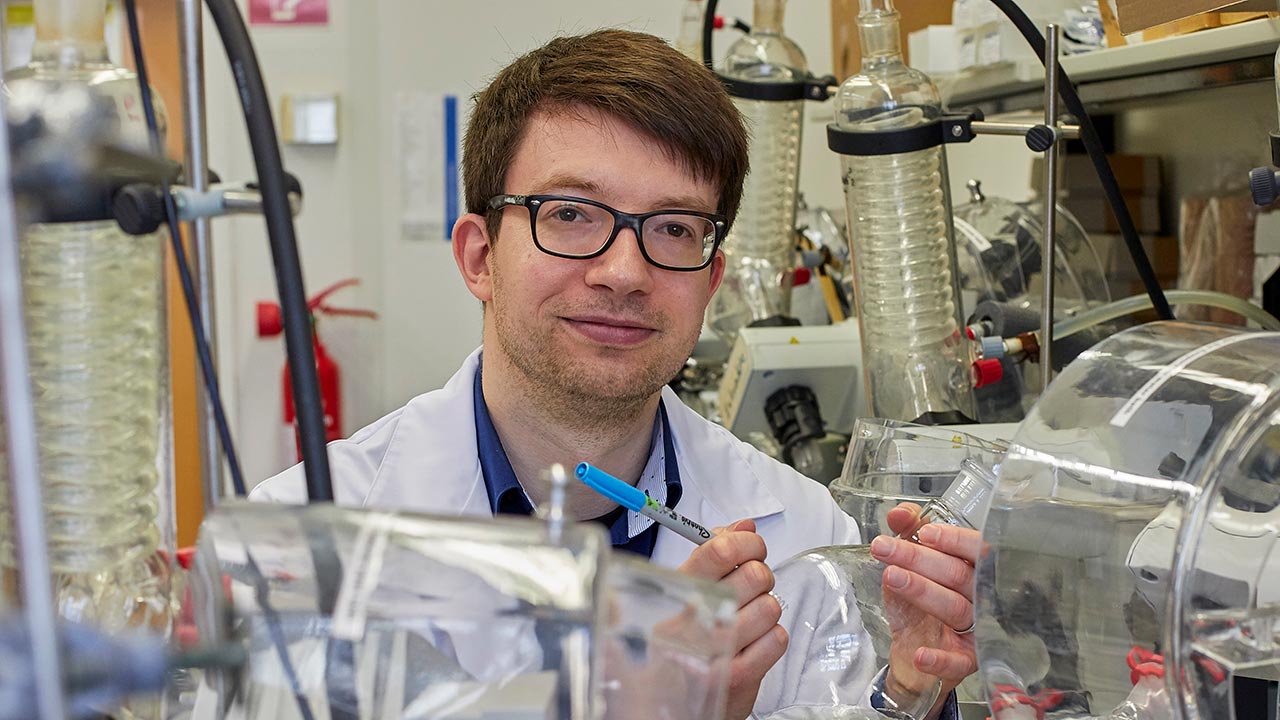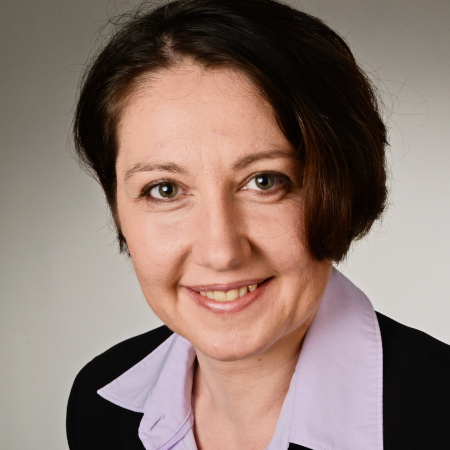DFG funding for search for natural substances
Machine learning is used to detect atypical peptides in bacteria and make them available for use.

Genome mining - the systematic search of genomes - is the focus of an Emmy Noether Fellowship from the German Research Foundation (DFG). Natural product genomicist Eric Helfrich of the LOEWE Center for Translational Biodiversity Genomics is receiving it to use artificial intelligence methods to discover natural products for medicine, food production or agriculture in novel ways. "Peptide Biosynthesis Off the Beaten Path: Machine Learning-based Identification of Unusual Peptide Natural Products" is the name of the project launched in January.
Discovery of active ingredients outside established patterns
Mankind has been using active ingredients from microorganisms for almost a century. Every second approved active ingredient in medicine today is based on natural substances. Accordingly, the patterns of how the individual classes of natural substances are structured and how they are formed by the respective organisms are well known. However, there are also numerous natural substances that do not follow these patterns and are therefore easily overlooked by researchers in their search for new active ingredients.
"There are already many peptide natural products known and well studied, and they play an important role in medicine and food production," Helfrich reports. "But we are sure that there are many more useful peptides to be discovered if we push the boundaries of previous ways of thinking." Machine learning is expected to help with this: The team wants to train algorithms to recognize unusual patterns in the genome of bacteria that code for potentially interesting peptides. Such AI is capable of uncovering correlations that would usually escape a human.
AI to screen hundreds of thousands of bacterial genomes
If reliable algorithms can be developed, the sequence data of hundreds of thousands of known bacterial genomes will be searched. Helfrich and his team will then use synthetic biology methods to insert particularly promising hits into the genomes of established bacteria in the lab. "Our research will help to elucidate previously unknown pathways of bacterial peptide production and thus expand existing textbook knowledge," says Helfrich, describing the goal of his research. "In the process, we naturally also want to discover new substances that can be used medically in the future."
The Emmy Noether grant for outstandingly qualified young scientists comprises 1.5 million euros, spread over six years. Among other things, Helfrich plans to use this money to purchase a new mass spectrometer that he and his team can use to detect and characterize the new natural products. The genomicist also plans to use the project funds to expand his team.
bl


